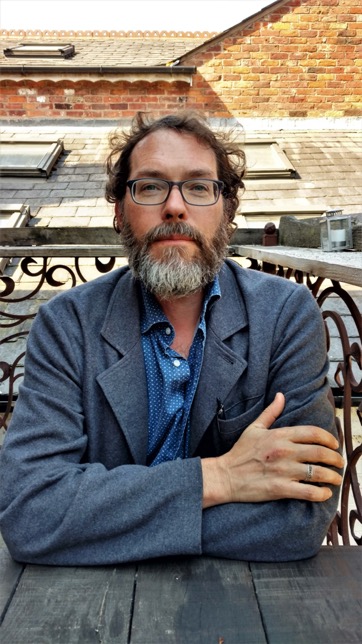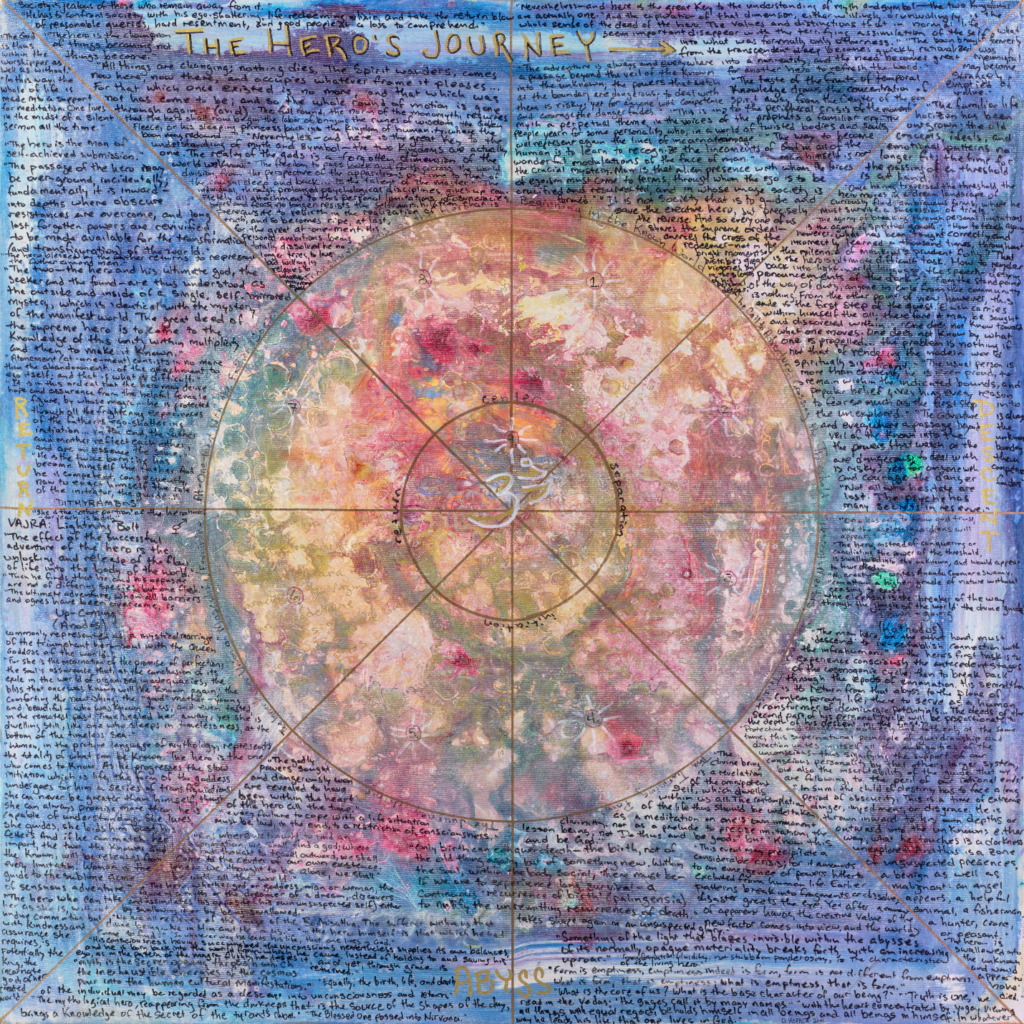Takeaway
To care for the whole person we need human-based models of medicine that complement our protocol-based medicine.

Lifelong learning in clinical excellence | August 21, 2019 | 1 min read
By David Kopacz, MD, University of Washington
As I have gone deeper into studying various circular, holistic models of healing, I have come to see that there are common elements with holistic, integrative, and indigenous approaches to healing the whole person. These contrast with the reductionist approach that underlies so many of our treatment protocols.
I have developed the table, below, in the chapter on “Circle Medicine,” in Becoming Medicine: Pathways of Initiation into a Living Spirituality, which is the next book that Joseph Rael and I are currently working on:
Linear Medicine Circular Medicine
Pathological Process Natural Process
Treatment Transformation
Elimination of symptoms Acceptance of symptoms
Restoring old state Achieving new state
Disease-based Health-based
Biomedical Model Holistic Model
Evidence-Based Medicine Human-Based Medicine
Hierarchical Collaborative
Can Foster Dependency Empowering
Our linear medicine model based on objectivity, evidence-based science, and delivered as standardized techniques is a one-sided medicine. It works well for straightforward, straight-line problems, but much of life is not linear, but rather conforms to the ancient circular pathways of healing. Our medical education and continuing education almost solely focuses on reinforcing linear ways of thinking and linear ways of treating problems and diseases. We would do well to balance this with circle medicine that reminds us of our multidimensional nature as human beings and that healing requires the full participation of the healer and the person suffering. Remembering to look at health and illness from the perspective of circle medicine as well as linear medicine can help you transform yourself, your clinical practice, and the culture of medicine.

“The Hero’s Journey,” by David R. Kopacz (2014), written quotations from Joseph Campbell’s “The Hero With a Thousand Faces.”

